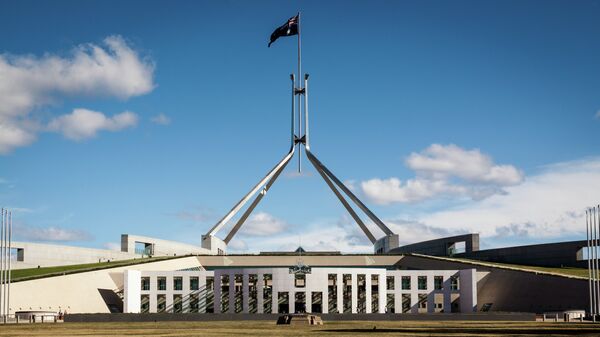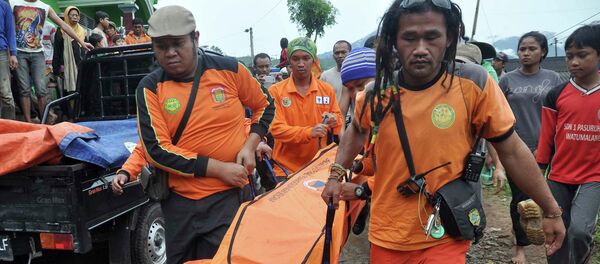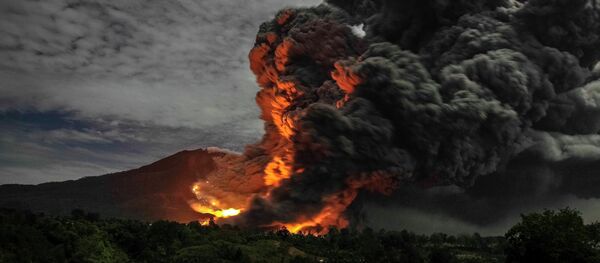Last week the Australian government decided to cut foreign aid by $3 billion over the next three years, a move that may have repercussions in the whole Asia-Pacific region and especially Indonesia, as the area is prone to natural disasters, according to Action Aid Australia, an anti-poverty agency.
"This decision by the government shows they are totally out of touch with not only Australian values, but also with what's happening in the world today," Tim Costello, the World Vision Australia community development organization's CEO, said. He called the cuts an "outrageous sum of money for a wealthy country to deny vulnerable people."
The World Vision received $118 million in aid from the Australian government following the tsunami, to build 3,500 earthquake-proof houses in the Aceh region. Costello states that "there just isn't the dollars to do that again" after Australian foreign aid cuts.
The Australian Government had given $68 million in the first six months following the disaster, pledging $1 billion in grants and preferential loans for long term recovery, Oxfam Australia aid and development organization reported.
The help provided to the region, combined with Australian public and NGOs, donating $330 million in half a year, became crucial for the region, Costello said.
Australia is the fourth wealthiest nation per capita and the latest cuts will bring Australian aid to an unacceptable level compared to that given by other wealthy nations such as the UK, France and Germany, Costello noted.
The December 26, 2004 9.2 magnitude earthquake and tsunami in the Indian Ocean, is one of the most destructive natural disasters on record, and affected 14 countries. The epicenter of the earthquake was near the west coast of Sumatra but the catastrophe affected areas as far flung as South Africa. The disaster caused over $10 billion damage and almost $14 billion in aid and reconstruction donations were distributed.





